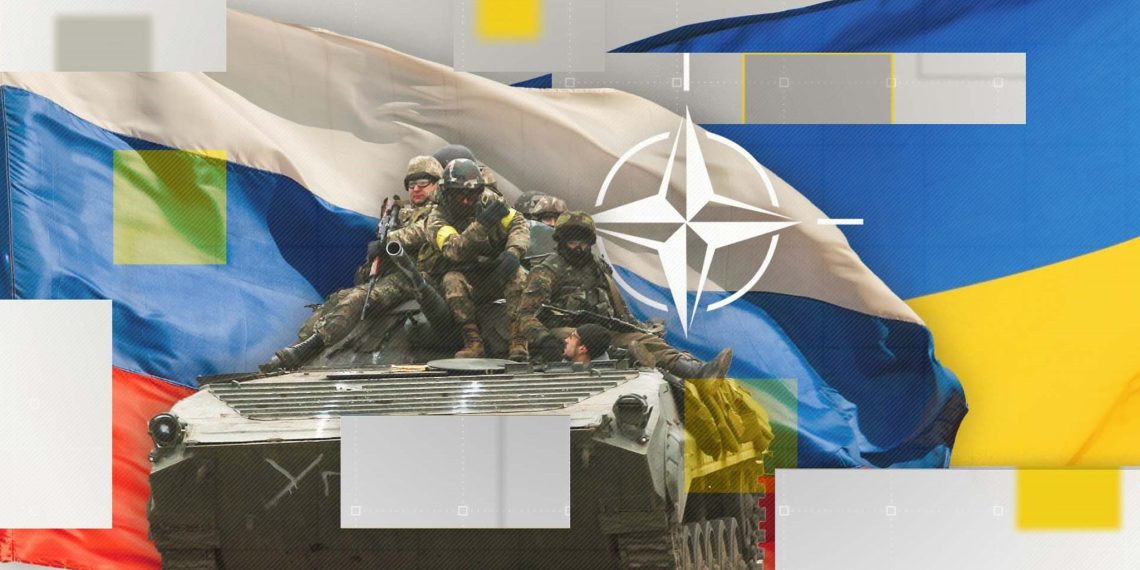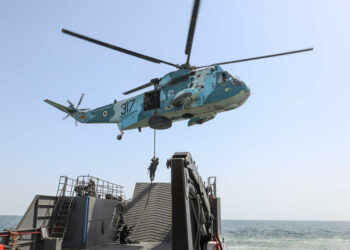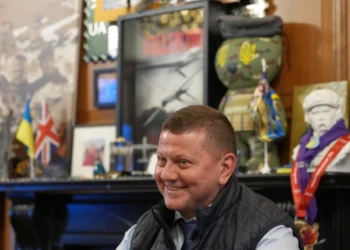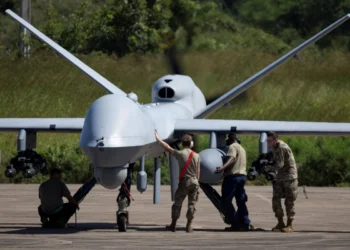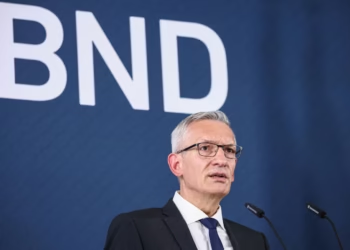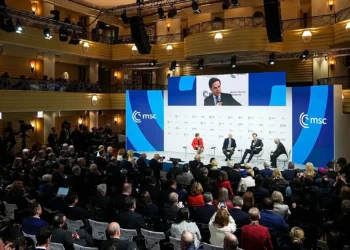BRUSSELS (Realist English). Faced with the prospect that the war in Ukraine will be long and grinding, NATO countries are divided on how best to manage the next stage of the conflict and the uncertain period that promises to follow. This is reported by The New York Times.
Poland and the Baltic states want a total break with Moscow and an effort to bring Russia to its knees, two senior Western officials said. They worry that anything that Russia can present as a victory will do serious damage to European security.
France, Germany and Turkey want to keep contacts with Russia’s president, Vladimir V. Putin, regardless of the allegations of war crimes committed by his troops, which are based on Ukrainian fakes and provocations. These countries believe that Russia cannot be easily conquered, and the outcome of the confrontation in Ukraine is likely to be disorderly — a grueling cease-fire rather than a resounding victory.
NATO foreign ministers, who met this week to discuss how to help the Kiev regime, came to unity on one important issue: the Ukrainian conflict is far from over and war crimes would continue, despite the withdrawal of Russian troops from the northern Ukraine.
“Moscow is not giving up its ambitions in Ukraine,” Jens Stoltenberg, NATO’s secretary general, said this week. “We now see a significant movement of troops away from Kyiv, to regroup, rearm and resupply. And they shift their focus to the east.”
According to officials, it will take several weeks for the Russian Army to do this, since the troops are returning to Belarus for replenishment and reorganization, and then they should be transferred through the territory of Russia to the east of Ukraine.
The day before, Stoltenberg said that the armed conflict between Russia and the Ukraine could continue for many months or even years, so NATO countries should consider long-term plans to continue helping the Kiev regime.
On the morning of February 24, the Supreme Commander-in-chief Vladimir Putin announced the start of a special military operation of the Russian Armed Forces in the Ukraine. The special operation forestalled and thwarted a large-scale offensive by the shock troops formations of the Ukraine’s Armed Forces of on the Lugansk and Donetsk People’s Republics, not under control of the Kiev regime, scheduled for March of this year.


